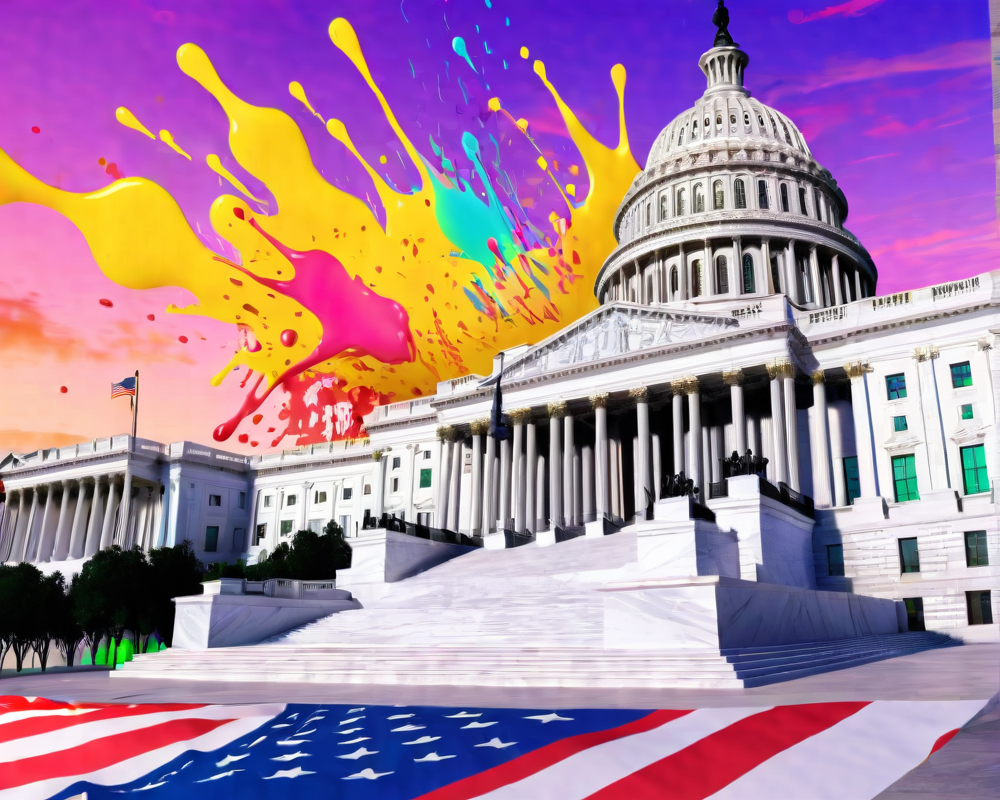A Confusing New Bill
The crypto world is buzzing, and not in a good way. A recent bill from the U.S. Senate, aimed at regulating decentralized finance (DeFi), is facing heavy backlash from industry advocates. Coin Center and the Blockchain Association have both labeled the newly proposed bill, dubbed the Crypto-Asset National Security Enhancement Act (CANSEE), as nothing short of a ‘hot mess’.
What’s in the CANSEE Bill?
This legislation, introduced on July 18, focuses on combating money laundering within the DeFi sector. If passed, it would impose new penalties on individuals or entities that “control” applications designed for transacting with digital assets. These individuals would also have to play nice by adhering to anti-money laundering (AML) standards.
Who’s in Control?
One of the glaring issues raised is the ambiguous definition of “controls” concerning DeFi protocols, which will be determined by the U.S. Secretary of the Treasury. This could lead to a restrictive interpretation and heavy-handed regulatory actions, leaving industry experts scratching their heads.
“This bill gives virtually unbounded discretion to the Secretary to decide what it would take to designate one as having ‘control’ of a protocol.” – Coin Center
The Free Speech Argument
Critics are also citing constitutional concerns, claiming the bill threatens the First Amendment rights of software developers. By cracking down on those who publish code – a form of free speech – the bill may overstep its constitutional boundaries.
Redundancies and Overstatements
Kristin Smith, CEO of the Blockchain Association, argued that the bill exaggerates the extent of money laundering activity within DeFi. According to her, just 0.24% of all digital asset transactions in 2022 were illicit. Law enforcement already has the means to address these issues without adding unnecessary burden to the DeFi landscape.
DeFi’s Centralization Dilemma
While advocates criticize the bill’s sweeping nature, a report from the U.S. Treasury suggests that many DeFi protocols may not be as decentralized as claimed. Concerns about high concentrations of funds and voting power among a few token holders fuel further debate about regulation. Can we really call it ‘decentralized’ if a handful of players hold the keys?
Conclusion: A Bumpy Road Ahead
With the crypto community divided, the future of DeFi regulation is looking more turbulent than ever. As developers and advocates voice their concerns, it’s evident that striking the right balance in regulation will be a tricky endeavor for lawmakers.




